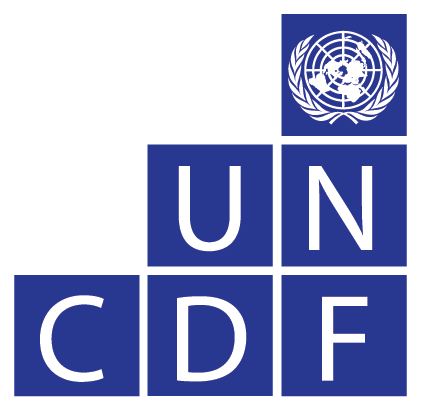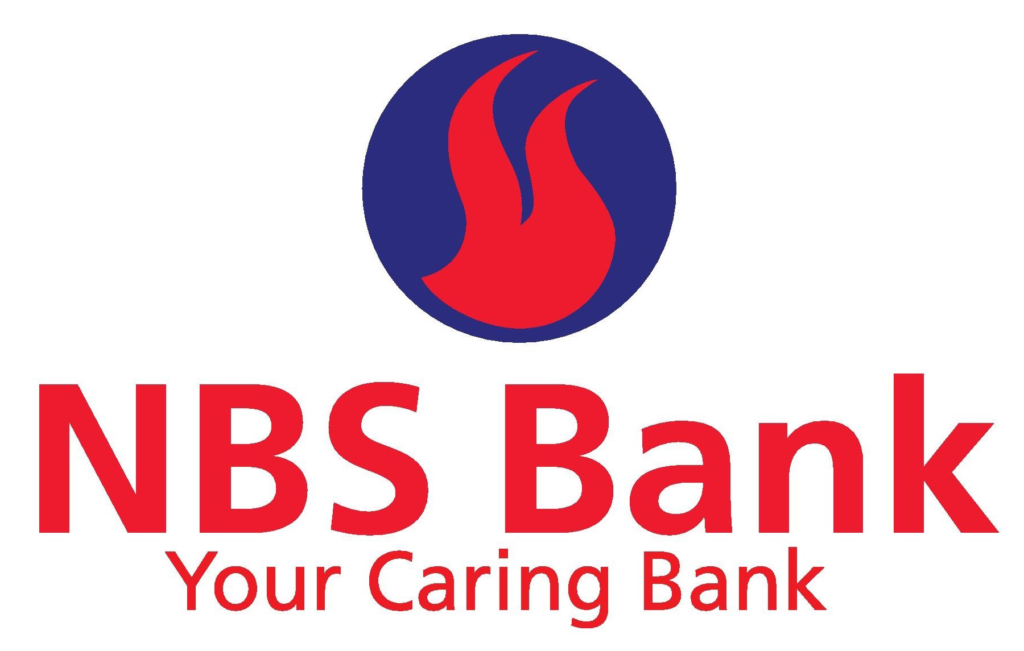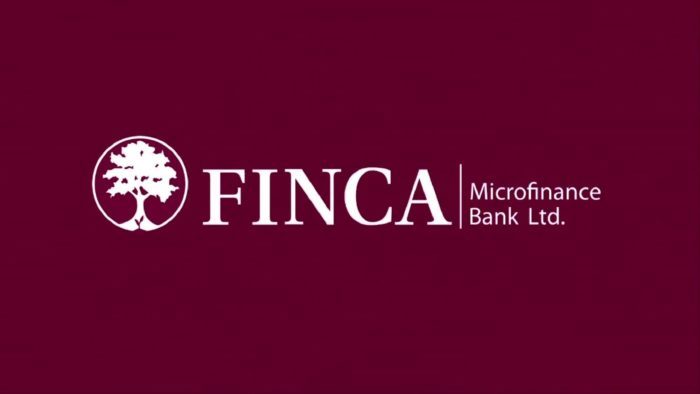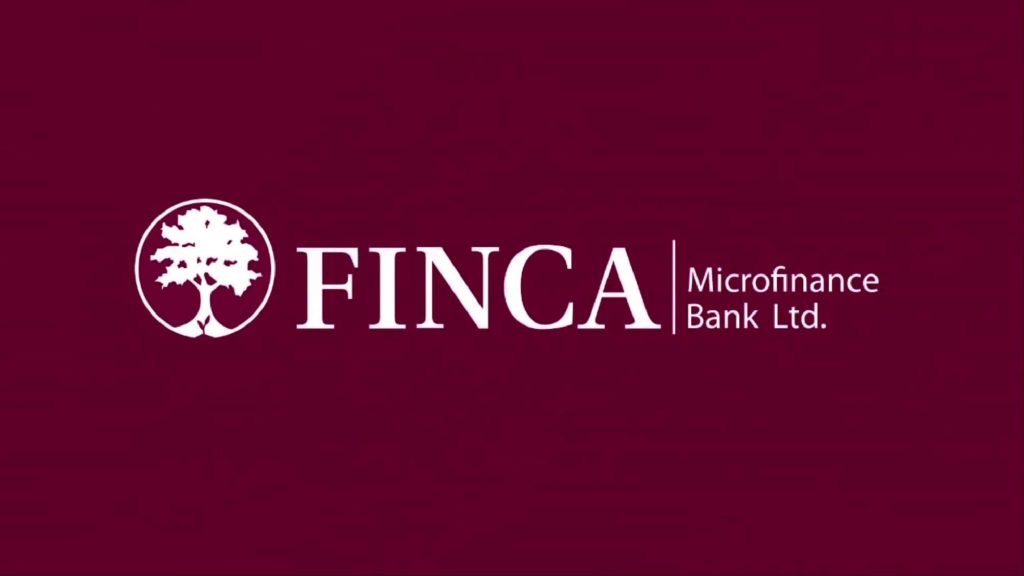
Technical assistance to 2 banks and 2 MFIs on the development or improvement of their DFS channel
The purpose of the UNNATI-A2F project is to support financial service providers to more effectively serve the agricultural value chain actors providing appropriate financial products and services. 2 Banks and 2 Microfinance Institutions (MFIs) in Nepal, Everest bank, Laxmi bank, Sahara Cooperatives and Jeevan Bikash Samaj (JBS), who are implementing access to finance projects leveraging digital financial services, have requested technical assistance to support them in their different DFS endeavours.
Context:
The purpose of the UNNATI-A2F project is to support financial service providers to more effectively serve the agricultural value chain actors providing appropriate financial products and services. 2 Banks and 2 Microfinance Institutions (MFIs) in Nepal, Everest bank, Laxmi bank, Sahara Cooperatives and Jeevan Bikash Samaj (JBS), who are implementing access to finance projects leveraging digital financial services, have requested technical assistance to support them in their different DFS endeavours.
Objectives:
- Everest Bank needs support to accelerate their branchless banking business including factors behind agents being a) active b) dormant c) dropped out.
- Laxmi Bank is offering agricultural credit through its branchless banking channel and would like to assess its existing portfolio, underwriting practice and process flow. The bank looks forward to receiving inputs on how to make the product, process and risk management practice more efficient and at par with international best practices.
- Sahara and JBS need to be assisted in their strategy to leverage the use of technology to enhance their customer outreach and footprint and thereby enhance their market share and also achieve their financial inclusion goals. Within this, these 2 MFIs need to be provided technical assistance support on streamlining the transition and developing framework and toolkits for appropriate and best practice use of DFS with regards to digitizing their core processes for customer acquisition, loan approval, disbursement and repayment along with saving products and services by providing a digital interface to its field employee or centre leaders.
Deliverables:
- Market research
- To understand customer needs and challenges
- To understand agent needs and challenges
- Product development plan
- Agent network management strategy
- Action plans
- Toolkits/frameworks to address internal processes
- Training on the new channel

Implementation of sustainable savings through multi-channels Malawi
Women’s World Banking is providing technical assistance (with support from UNCDF’s Microlead Expansion program) to NBS Bank on a project to increase access to sustainable demand-driven savings products to low-income Malawians, in particular women and clients living in rural areas.

Context: Women’s World Banking is providing technical assistance (with support from UNCDF’s Microlead Expansion program) to NBS Bank on a project to increase access to sustainable demand-driven savings products to low-income Malawians, in particular women and clients living in rural areas.
Objective: The objective of the project is to build a foundation for sustained growth by developing NBSs capacity to target and serve unbanked Malawians with demand-driven savings products and services, thus positioning the Bank as a market leader within Malawi.
Deliverables: Collaborate with Womens World Banking to produce project deliverables required by funder (UNCDF); Strategy recommendations for alternative channel; Implementation plan for reaching scale with agent banking channel; Training materials for agent network and bank staff; Business Acceptance and Friendly User Tests methodology; Action plan to a) prepare and launch pilot, and b) scale agent banking channel; Business case and projections (capex, opex, time to break even, NPV) with scenarios for pricing decisions

Agent Banking Strategy for POS interface and Pilot for FINCA Tanzania
In January 2013, FINCA TZ became the first institution in Tanzania that transformed into a deposit taking Microfinance Company (MFC) regulated by the Bank of Tanzania (BOT).

Context: In January 2013, FINCA TZ became the first institution in Tanzania that transformed into a deposit-taking Microfinance Company (MFC) regulated by the Bank of Tanzania (BOT). To improve its services and increase its client outreach FINCA TZ implemented an alternative delivery channels strategy starting with mobile payments, which was launched in December 2012; this service was complemented by the launch of a branchless banking point-of-sale (POS) strategy in August 2014.
Objective: To develop a strategy for a POS agent network; To provide start-up assistance of the designed POS agent network model; To transfer know-how, skills, methodologies and tools to the institution in order to enable the staff to manage a full range of mobile banking services.
Deliverables: The most important deliverables were: (i) the agent banking strategy and model; (ii) Staff and agent training materials; (iii) Operations and IT scoping report; (iv) Operations manual; (v) FINCA business case for agent banking; (vi) FINCA agent agreement.
